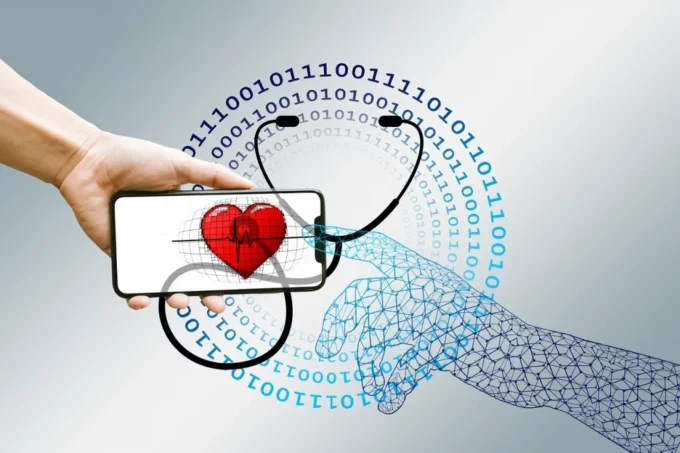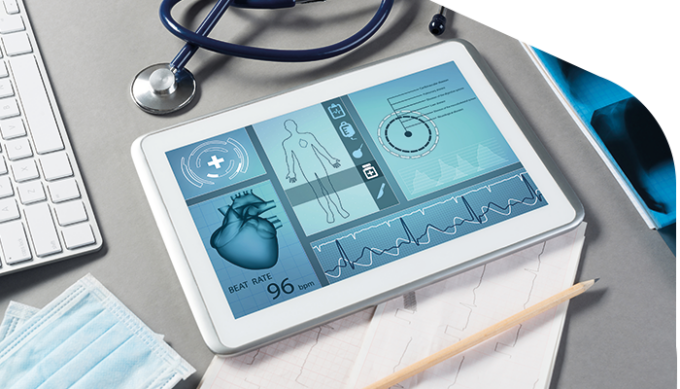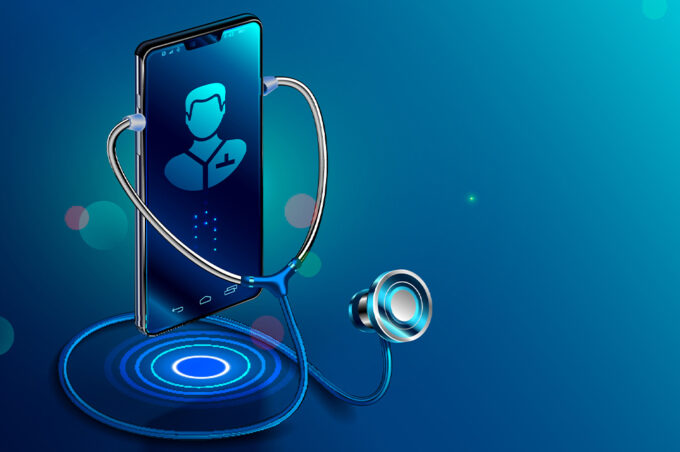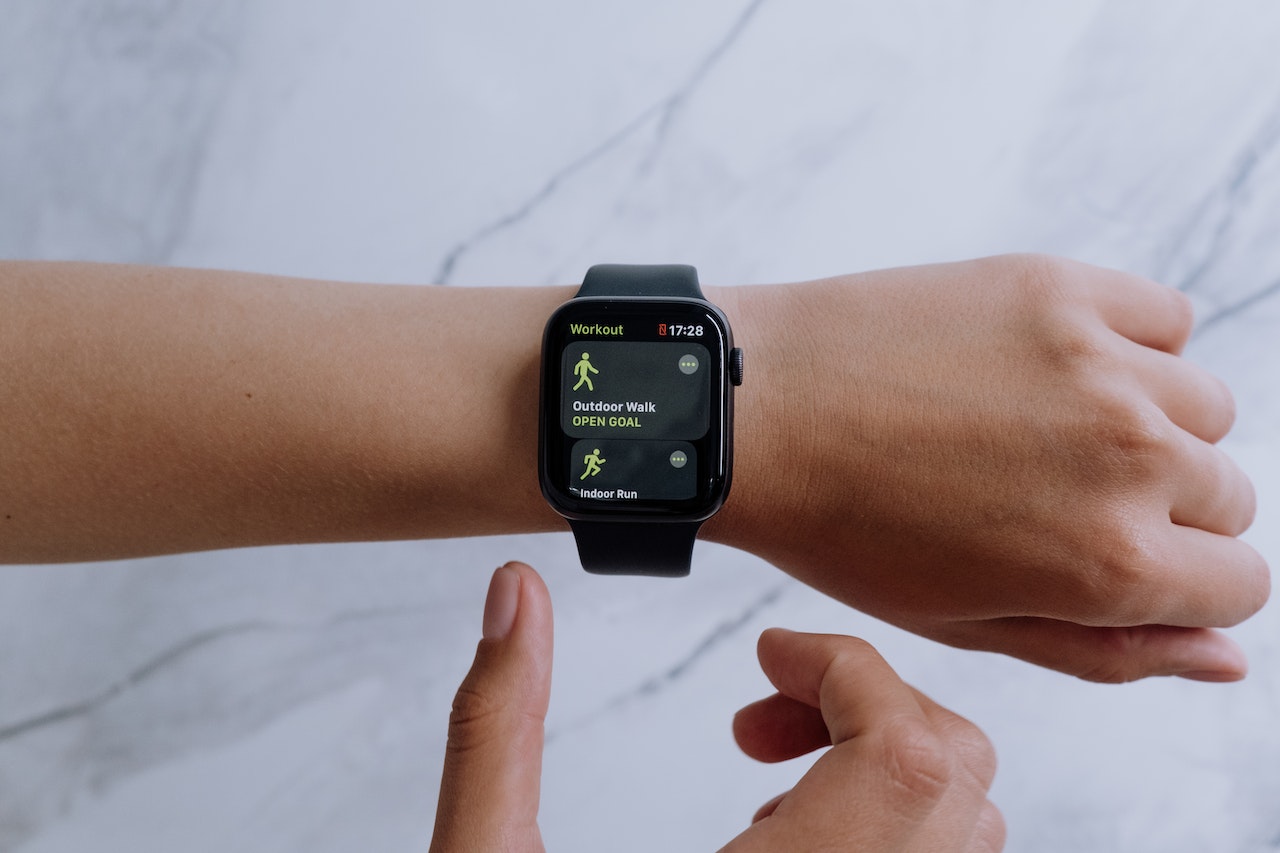Digital health is a broad category, including things like wearable devices, telehealth and telemedicine, personalized medicine, and mobile health, also known as mHealth. Advancements in technology allowed significant improvements in this segment.
A number of organizations like G4A are advancing digital health solutions by investing in things that are improving the quality of care and the level of accessibility everyone has to health care.
With that in mind, below, we talk more about the benefits of digital health because it’s poised to be a significant part of healthcare going forward.
Understanding Digital Health

At the core of digital health is technology. From apps and software that support the work doctors are doing to machine learning and artificial intelligence, these technologies are facilitating revolutionary changes in the niche as a whole.
With digital tools, there are greater opportunities to improve accurately diagnose patients and treat diseases, along with improving how health care is delivered.
Digital health technology can include sensors, software, connectivity, and computing platforms.
It is about the application of digital transformation in the larger field of healthcare, with stakeholders including patients, practitioners, manufacturers, and distributors of medical devices, app developers, and researchers.
Digital health is especially important because of worldwide concerns, including pandemics, the effects of poverty, aging, child illness, obesity, and more that are impacting people everywhere.
Deloitte has said AI would allow for major scientific breakthroughs and help increase the rate at that new therapies and vaccines are developed. Digital therapeutics may also allow for personalized recommendations to empower patients to prevent potential chronic health issues from developing.
Benefits of Digital Health

Some of the many benefits of digital health include the following:
- It can prevent disease and lower healthcare costs, but at the same time, technology presents the opportunity for patients to monitor and manage their chronic conditions.
- Treatment and medicine can be specifically tailored to individual patients.
- Digital tools mean healthcare providers have a rapid, holistic view of their patients condition. Providers have increased access to data, improving outcomes and efficiency.
- With technology like smartphones and apps, patients increasingly have access to their own information, and they can monitor their health. These platforms can help you monitor your health remotely, helping to identify any potential risks before they become serious. For example, if you have chronic pain, you may be able to monitor your symptoms remotely and get alerts if they worsen.
- Through the use of big data, the software can find inconsistencies between the health of a patient and their prescriptions. Then, professionals are notified to avoid possible dangerous errors in patient medications. With treatments available online, patients can receive support and rehabilitation right at home instead of having to go through lengthy hospital stays.
- Using big data and digital health tools can help to identify patients who frequently go to emergency rooms. When these patients are identified, then there are opportunities to work on creating preventative plans so they aren’t returning.
- Predictive analysis can help hospitals with staffing and improve their scheduling.
- The ability to do ongoing monitoring with the Internet of Things is something that’s already starting to be used in healthcare. There are biosensors that can be used to carry out follow-ups to prevent serious issues. Essentially, doctors can access real-time patient information.
- One of the major benefits of digital health is that it can reduce stress levels. By being able to track your health data and see how you’re performing over time, you can see how your stress level changes and make adjustments as needed. This can also help you live a more peaceful and productive life.
- Safer sex: Digital Health tools can also help people stay safe when it comes to sex. By using programs like STI checkers, for example, people can be sure that they’re not spreading diseases to one another without knowing it. This can dramatically reduce rates of sexually transmitted infections (STIs).
- Improved mental health. People who have access to accurate information about their medical history, for example, tend to have better mental health overall. This is because they feel more In control of their own lives and don’t have to worry about any surprises down the road.
What About the Challenges of Digital Health?

While the opportunities are enormous, and the COVID-19 pandemic has led to the more rapid adoption of digital health technologies, it’s not without its challenges.
One challenge is how to best deal with the massive amounts of data that are collected from various systems, each of which may code and store this information differently.
There’s also the possible issue of digital literacy. Patients are going to vary in how comfortable they are with technology and the access they have to access digital healthcare, so there could be inequities here.
Regulation and patient privacy are gray areas in the digital transformation taking place in healthcare. In 2020, the U.S. Department of Health and Human Services did propose HIPAA changes regarding privacy and security standards that could impact a patient’s ability to access their health data.
There are also challenges that have to be addressed regarding ethics and technology. For example, if someone receives surgery done by a medical robot, and there’s a mistake, who’s responsible? Is it the care provider? The hospital? The developer of the technology? These are all things to be clarified.
Finally, another challenge with digital healthcare is how people will react to it in general. People aren’t always trusting of these new technologies, and that will be something that stakeholders have to consider in their implementation.
Cybersecurity has to be a top priority in this new world of healthcare too. The FDA warns that medical devices are increasingly connected to the Internet, which means there are potential cybersecurity risks.
Digital health is in an exciting transformational period right now as it’s being widely adopted, and it could change the way we receive care, but it does have both pros and cons that have to be considered.









